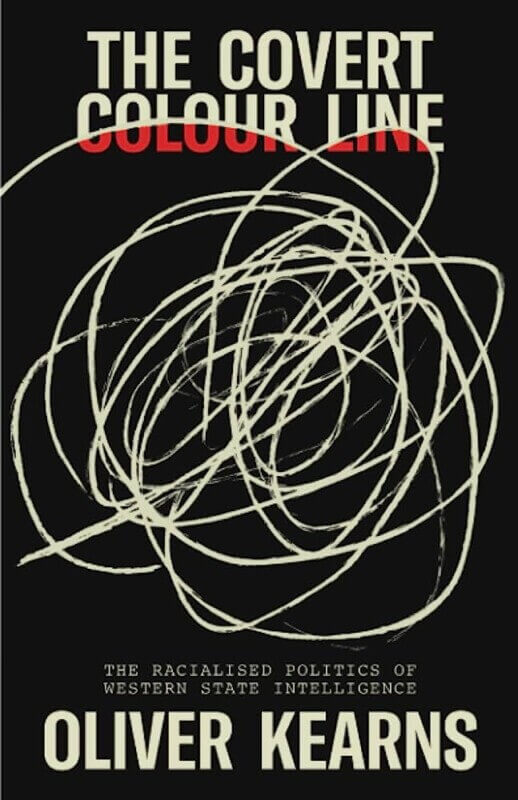I
n the realm of international affairs, the actions and decisions of intelligence agencies wield tremendous influence. Yet, the role of Western intelligence agencies in perpetuating global inequalities through racialized and orientalist worldviews has often gone unexamined.
In The Covert Colour Line: The Racialised Politics of Western State Intelligence, Oliver Kearns presents a provocative and eye-opening exploration of the failures within Western intelligence, particularly in the context of the Middle East and North Africa.
The author delves into the repeated intelligence mishaps in Iraq, Libya, and beyond, questioning the prevailing narratives and searching for the underlying causes of these catastrophic mistakes.
Kearns begins by highlighting the prevalent issue of intelligence failures and the persistent search for accountability. While many critics have focused on identifying a smoking gun or examining who misread or manipulated the intelligence, he argues that a crucial truth remains unaddressed: Western intelligence is fundamentally flawed and incapable of truly understanding the world it operates in.
Drawing on a deep analysis of historical context, Kearns explores how the mistakes made by British and U.S. intelligence services since the tragic events of 9/11 are rooted in orientalist worldviews and racist assumptions that originated during the Cold War-era colonial retreat. He puts forth that comprehending this historical backdrop is essential to understanding why anglophone state intelligence agencies struggle to grasp the motives and international solidarities of their perceived adversaries.
The Covert Colour Line challenges the traditional understanding of intelligence and examines its role in perpetuating global inequalities. Kearns argues that the intelligence agencies’ imagination of “non-Western” states and geopolitics, deeply influenced by colonial legacies, significantly shaped British intelligence assessments that subsequently underpinned the ill-fated 2003 invasion of Iraq and subsequent interventions.
By drawing upon a wealth of recently declassified materials, Kearns presents a compelling case for reevaluating the fundamental principles and assumptions that underpin Western intelligence. He argues that without addressing these inherent biases and flawed perspectives, Western intelligence agencies will continue to falter in their efforts to accurately comprehend and navigate complex international dynamics.
The Covert Colour Line offers a fresh and thought-provoking perspective on the intricate relationship between intelligence, geopolitics, and world inequalities. Through meticulous research and analysis, Kearns presents readers with a compelling argument and sheds light on the need for a paradigm shift in intelligence thinking. By unpacking the intricacies of these underlying biases, we can gain a deeper understanding of how intelligence practices contribute to and reinforce systemic disparities around the world.
This book serves as a vital contribution to the discourse surrounding intelligence failures and calls for a fundamental reassessment of how Western intelligence agencies perceive and engage with the world. It is a must-read for policymakers, scholars, and anyone interested in understanding the complexities and ramifications of intelligence in contemporary global affairs.
Oliver Kearns, The Covert Colour Line: The Racialised Politics of Western State Intelligence (Pluto Press, 2023) ISBN: 9780745347301, 272 pages
Written by Dilara Özer
Recommended





